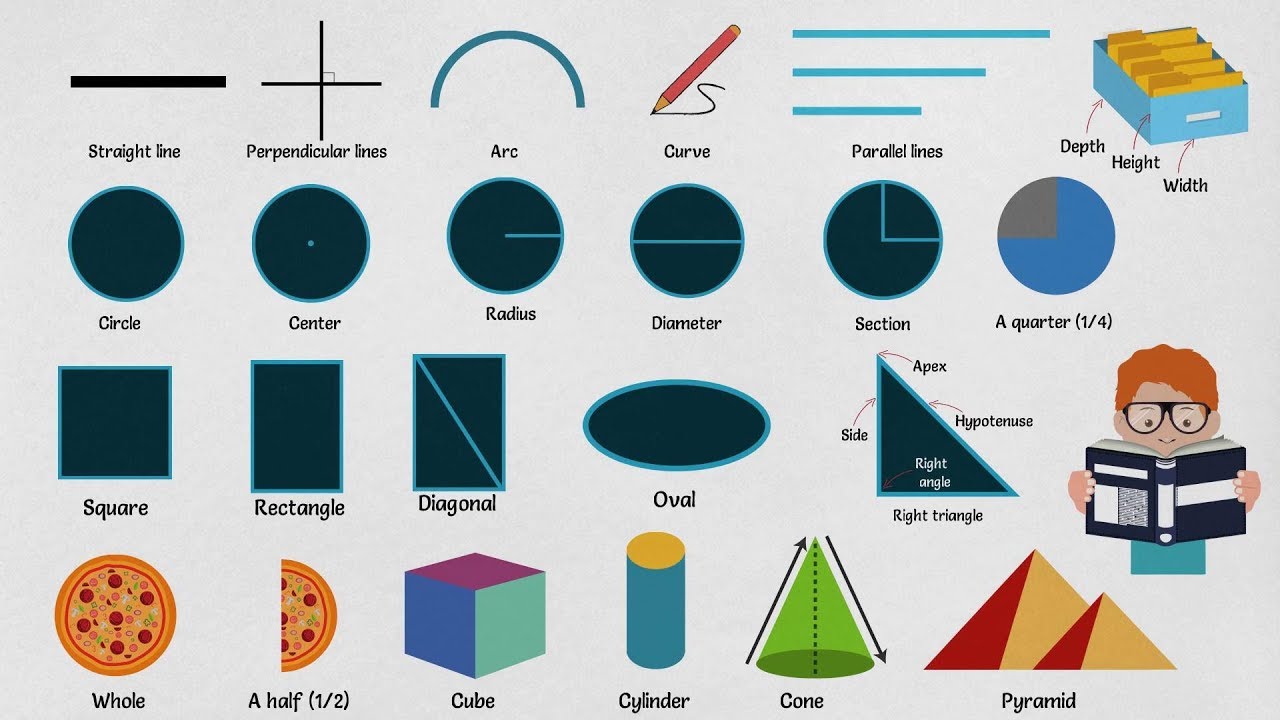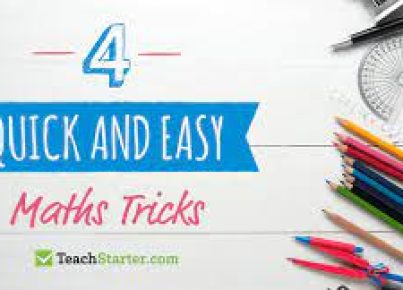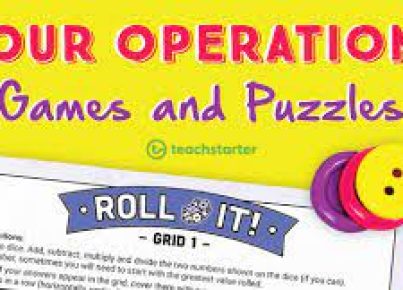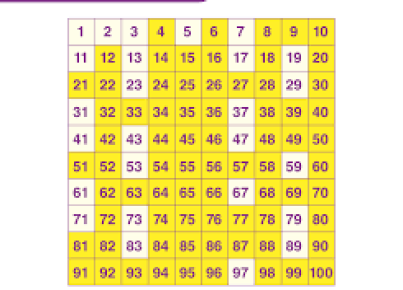Mathematics is often considered the universal language of the world, a language where numbers and symbols come together to reveal patterns, truths, and theories that are consistent across cultures and time. Just like any language, mathematics has its own vocabulary. Math vocabulary words form the foundation of understanding and communicating mathematical concepts effectively.
Why is Math Vocabulary Important?
Understanding math vocabulary is crucial for students as it enables them to grasp complex concepts more readily. It bridges the gap between abstract ideas and their representation in the real world by providing clear definitions and contexts for each term. Moreover, being fluent in math vocabulary can strengthen problem-solving skills, elevate comprehension during instruction and enhance confidence in using mathematics in practical situations.
How to Teach Math Vocabulary
The task of teaching math vocabulary words should be approached with creativity and strategy to make the learning process engaging and effective. Here’s how educators can teach them:
1.Contextual Learning:
Introduce new vocabulary in context. Whenever a new concept is taught, ensure that students understand the associated terms within the context of real-life situations or applied problems.
2. Visual Aids:
Use visual aids such as charts, diagrams, and graphs to illustrate terms. This can help students connect terms with their pictorial representations.
3. Math Word Walls:
Create a word wall dedicated to mathematical terms. This visual reminder of terms helps students familiarize themselves with vocabulary regularly.
4. Interactive Games:
Leverage interactive games that focus on defining and using new words correctly in a playful setting. Games like bingo or matching cards with definitions can reinforce learning.
5.Repetition and Practice:
Encourage repetitive use of math vocabulary across different exercises ensuring that students practice applying these words regularly.
6. Peer Discussions:
Prompt discussions between peers focused on math terms, wherein students explain concepts to one another using proper terminology.
7. Incorporate Technology:
Integrate technology such as educational software or online resources that specifically cater to bolstering math vocabulary skills.
8. Journals or Math Logs:
Have students maintain journals or logs where they write about mathematical processes using relevant vocabularies, thus reflecting on their understanding and use of these terms.
9. Storytelling with Math Terms:
Storytelling can captivate students’ imagination and when combined with math terms; it makes these abstract concepts more relatable and memorable.
10. Assessment for Learning:
Regularly check understanding through low-stakes quizzes or tasks to see if students are correctly interpreting and using mathematical terms.
In conclusion, math vocabulary is a vital component of mathematical literacy and an integral part of academic success within this subject area. By embracing diverse teaching strategies that cater to different learning styles, educators can cultivate a comfortable learning environment where complex terminology becomes a helpful tool rather than a hurdle for students progressing through their math journey.





